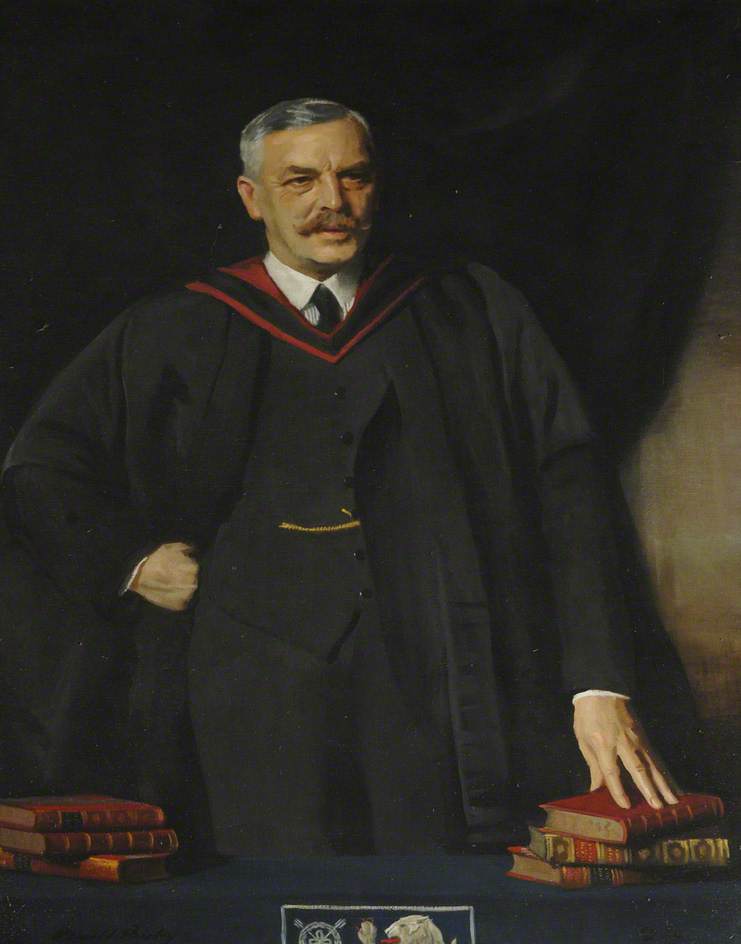Perhaps it’s the bias of the medium, but spend much time online among teachery types and you come across a whole host of slightly hackneyed tropes. There is the “Shift Happens” video, Sir Ken Robinson, the “guide on the side vs sage on the stage” mantra, factory-model schooling is bunk, and long, well-meaning pieces about 21st century learning like this and this. None of it, I think, is particularly wholesome.
That’s not necessarily because it’s wrong. Yes, there is a lot of waffle around 21st century skills Harry Webb has pointed out, but there is also good sense there in places. Some of it I agree with, some not. But all of it I find disheartening and half-baked.
The OECD have a peculiarly dry piece about the shifts taking place in education and learning. Take this snippet, for example.
“Value is less and less created vertically through command and control-as in the classic “teacher instructs student” relationship-but horizontally, by whom you connect and work with, whether online or in person. In other words, we are seeing a shift from a world of stocks, where knowledge is stored up but not exploited, and so depreciates rapidly, to a world of flows, where knowledge is energised and enriched by the power of communication and constant collaboration. This will become the norm. Barriers will continue to fall as skilled people appreciate, and build on, different values, beliefs and cultures.”
Well, hooray for the focus on learning communities, but does anyone else find this sort of thing soulless, almost completely so? It is education as management speak, learning as an economic need.

Today, though, I came across a piece by Cyril Norwood.
The education that has so far been given to the people is at most partial and second best, and has little in common whether in range or in spirit with the universal education that may be. It was but the least possible with which the people would be contented and it was calculated to equip not citizens but servants… [hl]But education has to fit us for something … so incomparably precious that it will save a man from being a mere unit, a cipher: it will give him a life of his own, independent of the machine. And therefore at any cost our education must never sink to the level at which it will be merely vocational.[/hl]”
This has crystallized matters for me and made me realise quite why I think 21st century education is half-baked. In all of its rhetoric, the focus is on the learner; that, I believe, is “a good thing”. 21st century learning focuses, though, on the learner almost solely as an economic unit, as “a cipher” that needs preparing for a job that doesn’t yet exist. In doing so, it ignores the learner as a human, as a person with hopes and aspirations beyond the machine. Education, as Sir Cyril says, should never merely be training.
[…] via Why 21st Century Education is half-baked | Monkeymagic. […]
Nice post, and I tend to agree with your message. Nowadays the individual has so much control of over communications and information environments – but it seems like education has so far focused mainly on the HOW of education, neglecting the new-found control that learners have over the WHAT and the WHY.